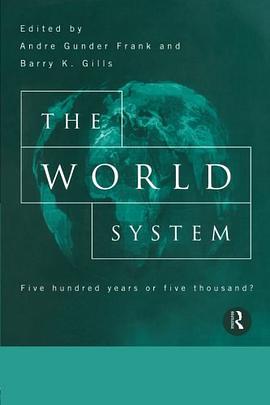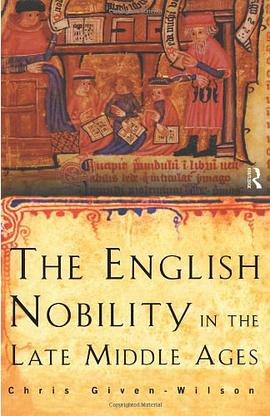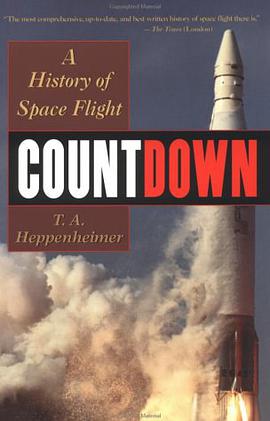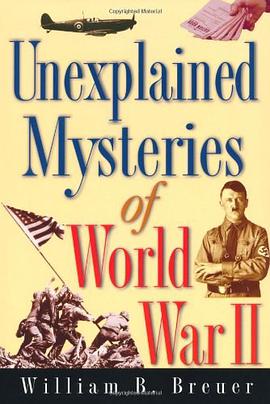

具体描述
Most scholarly studies devoted to examining the entire Cold War period focus almost exclusively on Soviet-American relations, thus neglecting other important aspects of the war. In addition to the global contest between the U.S. and the Soviet Union, the history of the Cold War involves a wide range of issues relating to geopolitics, political economy (both international and domestic), and political development in all parts of the world. This international study provides a fresh perspective on the Cold War through an exploration of many of these issues, including: changes in the global distribution of power; advances in warfare technology; shifts in the balance of social and political forces within and among nations; the evolution of the world economy; and the transformation of the Third World. David Painter offers a compact, sophisticated analysis of how all of these factors intersected to produce, prolong and eventually end the Cold War.
作者简介
目录信息
读后感
评分
评分
评分
评分
用户评价
相关图书
本站所有内容均为互联网搜索引擎提供的公开搜索信息,本站不存储任何数据与内容,任何内容与数据均与本站无关,如有需要请联系相关搜索引擎包括但不限于百度,google,bing,sogou 等
© 2026 book.wenda123.org All Rights Reserved. 图书目录大全 版权所有




















